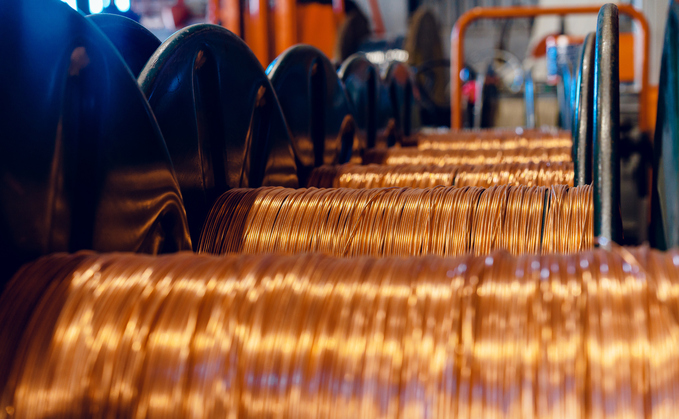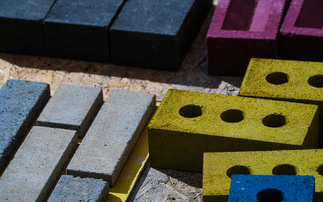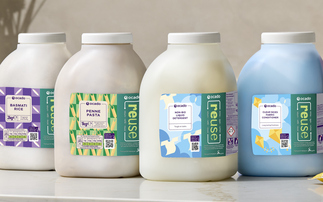
Credit: iStock
Telco giant confident of recovering some 200,000 tonnes of copper from old legacy network over the next decade, reports claim
BT Group has received £105m as upfront prepayment for the sale of leftover copper cabling from its old network of broadband and phone lines to a recycling company, according to reports over the weekend....
To continue reading this article...
Join BusinessGreen
In just a few clicks you can start your free BusinessGreen Lite membership for 12 months, providing you access to:
- Three complimentary articles per month covering the latest real-time news, analysis, and opinion from Europe’s leading source of information on the Green economy and business
- Receive important and breaking news stories via our daily news alert
- Our weekly newsletter with the best of the week’s green business news and analysis







